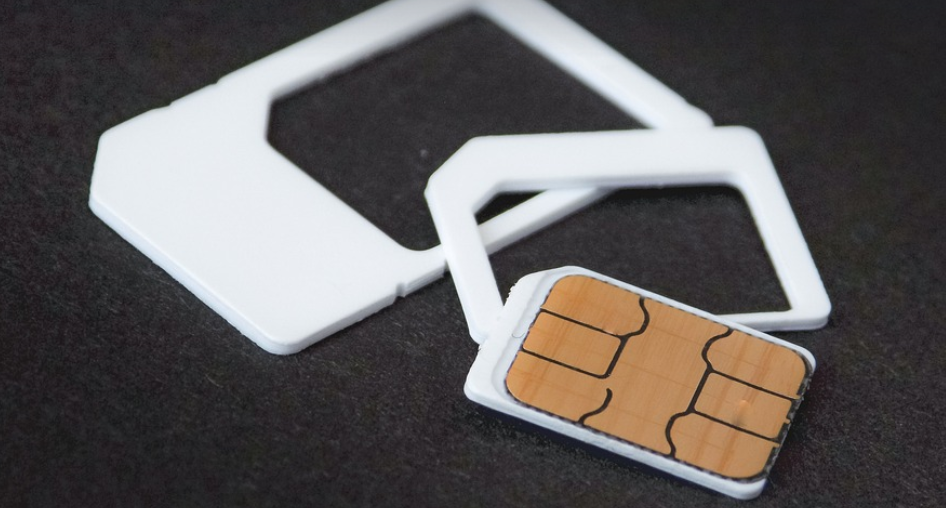The Price of Shifting Gears
Thinking about trading in your trusty steed for a sleek new BMW? Congratulations on hitting that coveted stage of car-buying excitement! But before you start daydreaming about cruise control and that purr-fect engine sound, there’s one question that often pops up: how much does a BMW transmission cost? It might seem like a simple question, but let’s dive into the deeper implications of this answer.
Unlike many car components where you can often get away with a quick Google search and an estimate based on your sedan model, BMW transmissions are a bit of a black box. The cost isn’t just about the individual component; it also depends on a bunch of factors that could make or break your budget.
Let’s unravel this enigma together, shall we? First, we need to understand what’s driving these high prices. BMW transmissions are renowned for their sophisticated engineering, often boasting more complex and intricate components than those found in simpler cars. This complexity comes with a higher price tag.
Think about it this way: you wouldn’t expect to find a single-speed transmission on your latest supercar, right? It just wouldn’t cut it. BMW wants their cars to feel like they belong on the track, and that means robust and powerful transmissions. They simply can’t be squeezed into a budget-friendly package; those transmissions need premium materials, precision engineering, and specialized assembly.
The other factor is the sheer range of BMW models. Let’s not forget about their diverse lineup – each model has its own set of transmission options. A compact city car like the Mini Cooper will have a different transmission than a luxury SUV like the X7. The type of transmission and engine combination directly impacts final price.
Here’s where things get even trickier: your local BMW dealership is not going to give you an accurate estimate without knowing more about your specific model and its needs. You should always consult with a certified BMW service advisor who has access to the latest data on parts, labor and repair costs.
But no need to panic! We’re here to help you navigate this complex world of BMW transmissions. Let’s break down some key elements that will affect your cost:
1. **Transmission Type:** The first question is: what kind of transmission does your BMW have? There are several types, each with their own nuances and price brackets:
* **Manual Transmission:** If you’re a traditionalist who loves the feel of gear shifting, manual transmissions can offer a distinct driving experience. But it’s worth noting that these require more effort from the driver than automatic options, meaning fuel efficiency needs to be factored in. * **Automatic Transmission (AWD/RWD):** This is your typical everyday option for most BMW owners. Automatic transmission offers convenience and ease of use, often found in a variety of sizes 6-speeds up to 8-speed automatics. * **xDrive:** If you’re looking for all-wheel drive (AWD), the xDrive system is your go-to option within BMW vehicles. This advanced system offers enhanced traction and control throughout every season, adding a cost factor due to its complexity in design.
2. **Model and Year:** The year of your BMW plays a crucial role in determining the price of your transmission. As with any car, older models often require more repairs than their newer counterparts, which can affect the overall cost of a repair or replacement.
3. **The “Cost of Living”:** Remember that prices are influenced by regional market demand and availability. A BMW in one city might be cheaper to buy due to competition, while another city may have a higher volume of buyers driving up the price for an upgrade (just like what’s happening with electric vehicle batteries).
4. **Labor Costs:** You should always factor in labor costs when it comes time to repair or replace your transmission. A BMW’s complexity and specialized engineering could mean needing a certified technician, which often increases the overall cost of the repairs.
5. **Aftermarket Parts vs. OEM (Original Equipment Manufacturer):** While aftermarket parts can be cheaper initially, they might not always offer the same performance or longevity as genuine BMW components. OEM parts will be more expensive but provide the best fit and function for your vehicle’s system.
While these factors add a layer of complexity to the equation, remember that you’re not alone in this journey! Don’t hesitate to consult with a trusted BMW service advisor who can guide you through each step, from identifying necessary repairs to understanding potential costs.
Remember: Transparency is key when it comes to car maintenance and repair. Don’t just blindly accept the price quoted by your dealership without asking about the rationale behind it!



